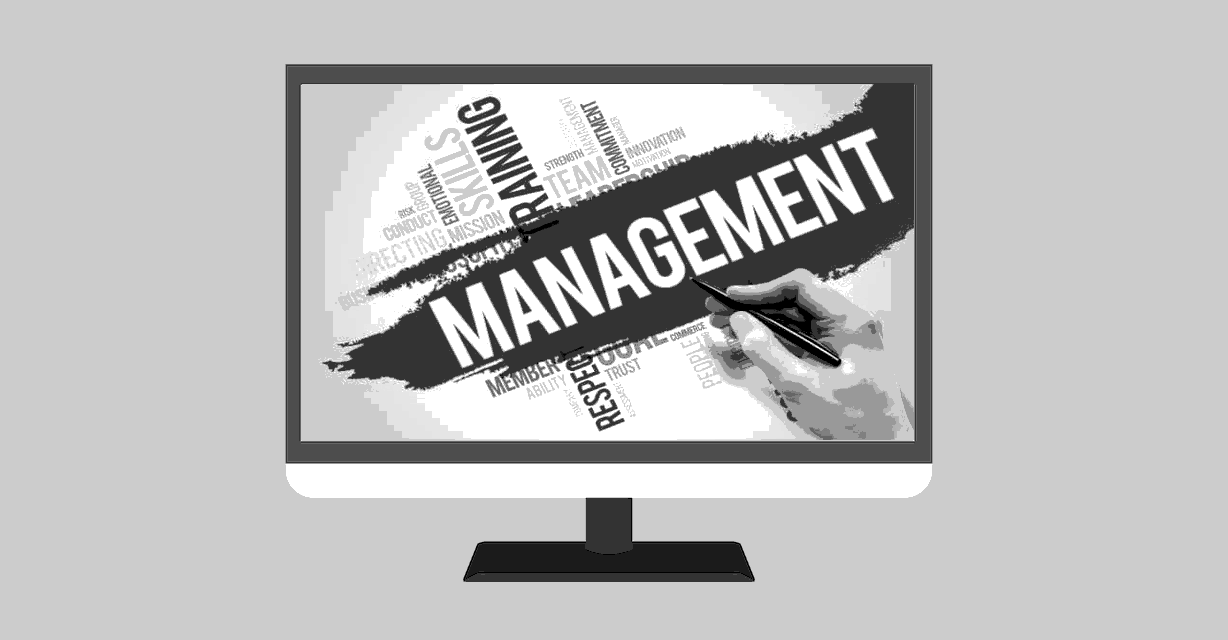
Management is a constantly evolving field, shaped by the latest technologies and trends. As the business world becomes increasingly digital, the way we manage our organizations is also changing. In this article, we will explore the latest management trends and technologies that are shaping the future of business and discuss how organizations and managers can prepare for and adapt to these changes.
An overview of current management practices and their limitations
Current management practices are based on traditional models that have been developed over the last century. These models have been effective in the past, but they are becoming increasingly outdated in the digital age. Many of the traditional management practices are based on top-down hierarchies, centralized decision-making, and bureaucratic processes. However, these practices are becoming less effective as businesses are facing new challenges and opportunities in the digital age.
Emerging Technologies and Trends
The digital age is bringing new technologies and trends that are changing the way we manage our organizations. Artificial intelligence, automation, and digitalization are some of the most significant emerging technologies and trends that are shaping the future of management.
Artificial intelligence (AI) is rapidly advancing and has the potential to revolutionize the way we make decisions. AI can analyze large amounts of data, identify patterns, and make predictions that humans could not make on their own. This can help managers to make better decisions and improve the efficiency of their organizations.
Automation is also becoming increasingly important in management. Automation can help managers to streamline processes, reduce costs, and improve the accuracy of data. For example, automation can be used to automate repetitive tasks, such as data entry, which can save time and reduce errors.
Digitalization is also transforming the way we manage our organizations. Digitalization can help managers to better understand their customers, improve communication, and collaborate more effectively. For example, social media and messaging apps can be used to communicate with customers and employees, and cloud-based software can be used to share data and collaborate on projects.
Impact on management practices
The emerging technologies and trends discussed above are having a significant impact on various aspects of management. For example, AI can help managers to make better decisions, automation can help managers to streamline processes, and digitalization can help managers to communicate and collaborate more effectively.
However, these technologies and trends also have the potential to disrupt traditional management practices. For example, AI and automation can replace human workers, and digitalization can disrupt traditional hierarchies and decision-making processes.
How to prepare for and adapt to these changes
To prepare for and adapt to these changes, organizations and managers need to be proactive and stay informed about the latest technologies and trends. Managers should also be open to new ways of working and be willing to experiment with new technologies.
It is also important for managers to develop the necessary skills to work with new technologies and trends. For example, managers need to understand how to work with AI, how to automate processes, and how to use digital tools to communicate and collaborate effectively.
Examples and case studies
There are already many examples of companies and industries that have successfully implemented these emerging technologies and trends in their management practices. For example, Amazon uses AI to make decisions about product pricing, and Tesla uses automation to streamline its manufacturing processes.
In the financial industry, companies like Goldman Sachs, JPMorgan, and Morgan Stanley are already using AI for fraud detection, compliance, and risk management.
In healthcare, AI is being used to analyze medical images and assist in diagnosis, while automation is being used to improve the efficiency of laboratory processes.
Best practices and guidelines
To stay ahead of the curve in the future of management, organizations and managers should consider implementing the following best practices and guidelines:
- Embrace change: Be open to new ways of working and be willing to experiment with new technologies
- Stay informed: Keep up to date with the latest technologies and trends in the field of management
- Develop the necessary skills: Understand how to work with AI, automation, and digital tools
- Collaborate and communicate effectively: Use digital tools to communicate and collaborate effectively with employees and customers
- Focus on customer needs: Use data and analytics to better understand customer needs and improve the customer experience
Outlook on the future of management
The future of management is rapidly evolving, and shaped by the latest technologies and trends. The use of AI, automation, and digitalization is transforming the way we manage our organizations, and this trend is likely to continue in the future. The businesses that are able to adapt to these changes and stay ahead of the curve will be the ones that thrive in the digital age.
Conclusion
In this article, we have explored the latest management trends and technologies that are shaping the future of business. We have discussed the impact of these emerging technologies and trends on various aspects of management and have provided insights on how organizations and managers can prepare for and adapt to these changes. We have also provided examples and case studies of companies and industries that have successfully implemented these technologies and trends in their management practices. To stay ahead of the curve in the future of management, organizations and managers should embrace change, stay informed, and develop the necessary skills.





